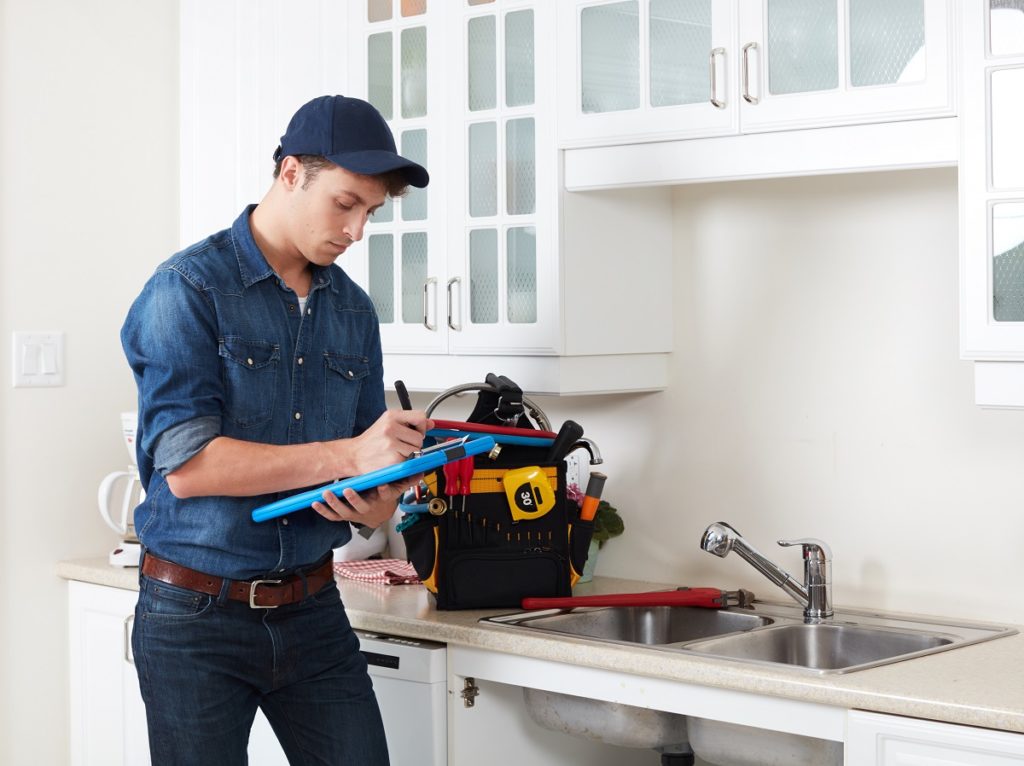Part of buying a house is ensuring that you get more returns and fewer risks. Fortunately, you can do both before you even purchase the property you want in Salt Lake City either through cash or through a mortgage loan application. This is where appraisals and home inspections come in. Knowing the differences between the two is important, as they each provide separate results and benefits.
Appraisal or home inspection?

A real estate appraisal is the process of determining the estimated monetary value of a property. Ideally, a financial lender is responsible for assigning a real estate appraiser to a case to prevent biases and ensure efficient results. According to the Appraisal Independence Requirements (AIR), a lender’s loan production staff is prohibited from communicating or influencing appraisers.
A third-party appraiser evaluates several factors like the home’s condition and location to come up with the most accurate figure. In most cases, the appraiser will also evaluate “comparables” or similar properties for sale or those that have recently been sold in the neighborhood. He or she may also consider other factors, including lot size, neighborhood history and population, crime rates, nearby school zones, and boundary surveys.
An appraiser will visit the house in person and take note of square footage, any property damage, number of bedrooms and bathrooms, and the condition of major systems and structures. He or she will provide all parties involved (the seller, lender, and buyer) with a detailed report indicating the calculated value of the property, and factors like comparable sales and current real estate trends that influenced the result.
A home inspection, on the other hand, involves a more thorough physical evaluation. It can last two to three hours in contrast to the average appraisal’s quick and simple walkthrough. Its main purpose is to triple check the home’s integrity and ensure no structural issues are being concealed by the seller. Typically, the buyer is responsible for paying for a home inspection before purchase.
A home inspector will visit a property and examine its form and functionality. Areas to be inspected usually include:
- Foundation
- Floors and ceilings
- Roofing
- Chimneys
- Site drainage
- Plumbing
- Electrical systems
- HVAC systems
- Decks and patios
- Built-in furniture and appliances
Any building or component faults will be indicated in the report given to the prospective buyer. The buyer can use the inspection report to decide whether to continue with the purchase, make better negotiations, or ask the seller to arrange repairs prior to purchase. Home inspections save buyers from costly surprises and ensure that they get their money’s worth.
Which one do you need?
In short, an appraisal identifies the home’s market value, while an inspection evaluates the property’s condition and helps a buyer weigh the risks of an investment.
Most real estate checklists include both appraisals and inspections. This is because both practices are essential to securing a worthy investment. Hiring an inspector prior to purchase can save you from costly issues, including outdated HVAC systems or crumbling foundations.
Hiring an appraiser is also essential, as it provides you with a complete, unbiased, and accurate value of the property. While both are generally optional, paying for both processes can help you make informed decisions before finalizing your deal or applying for a mortgage loan.











